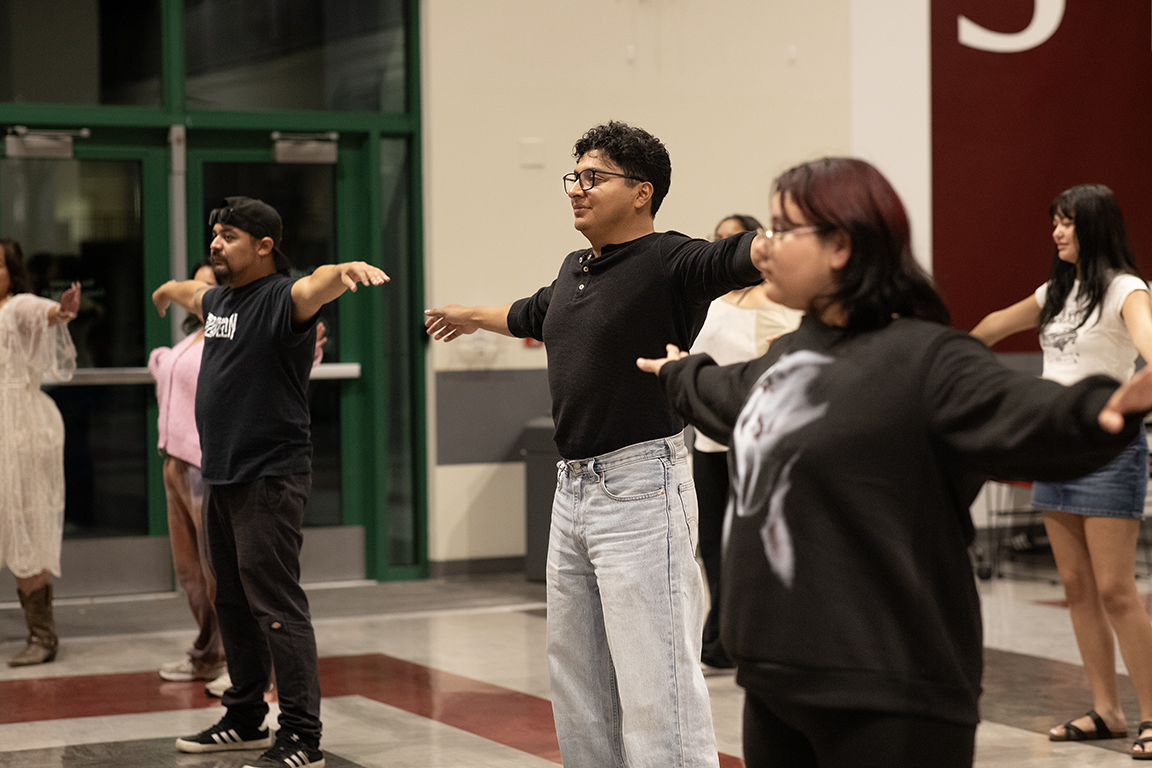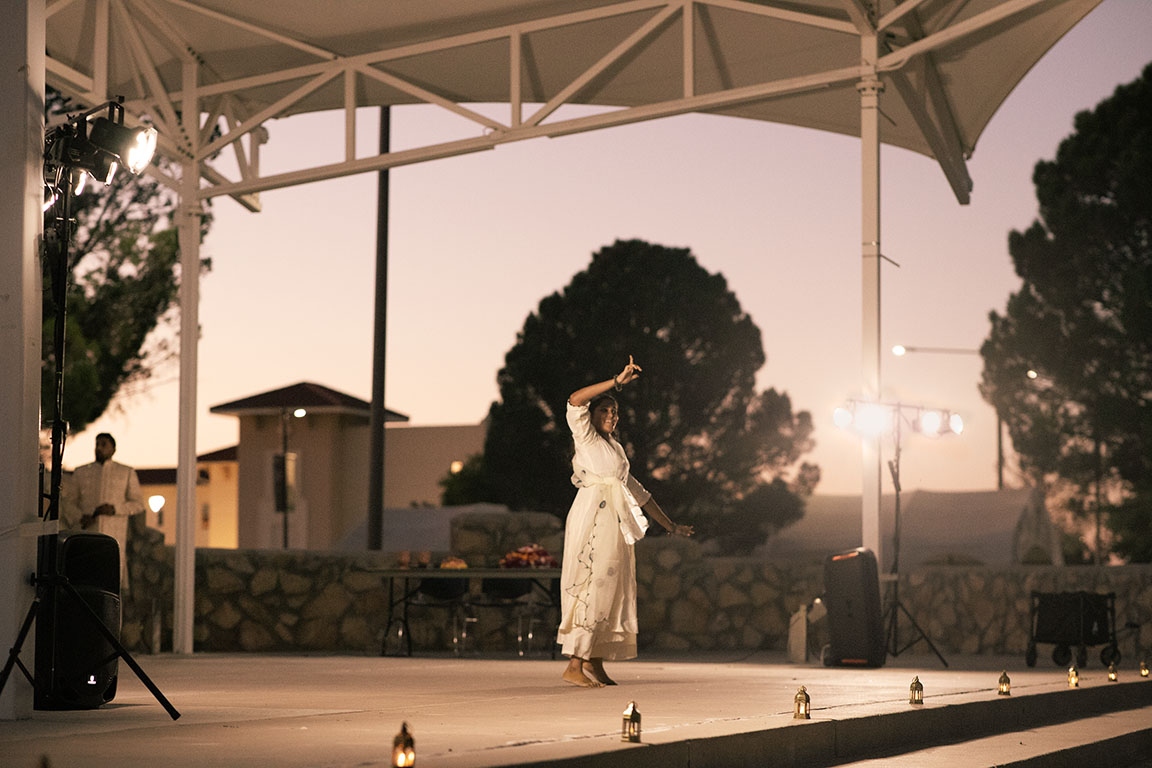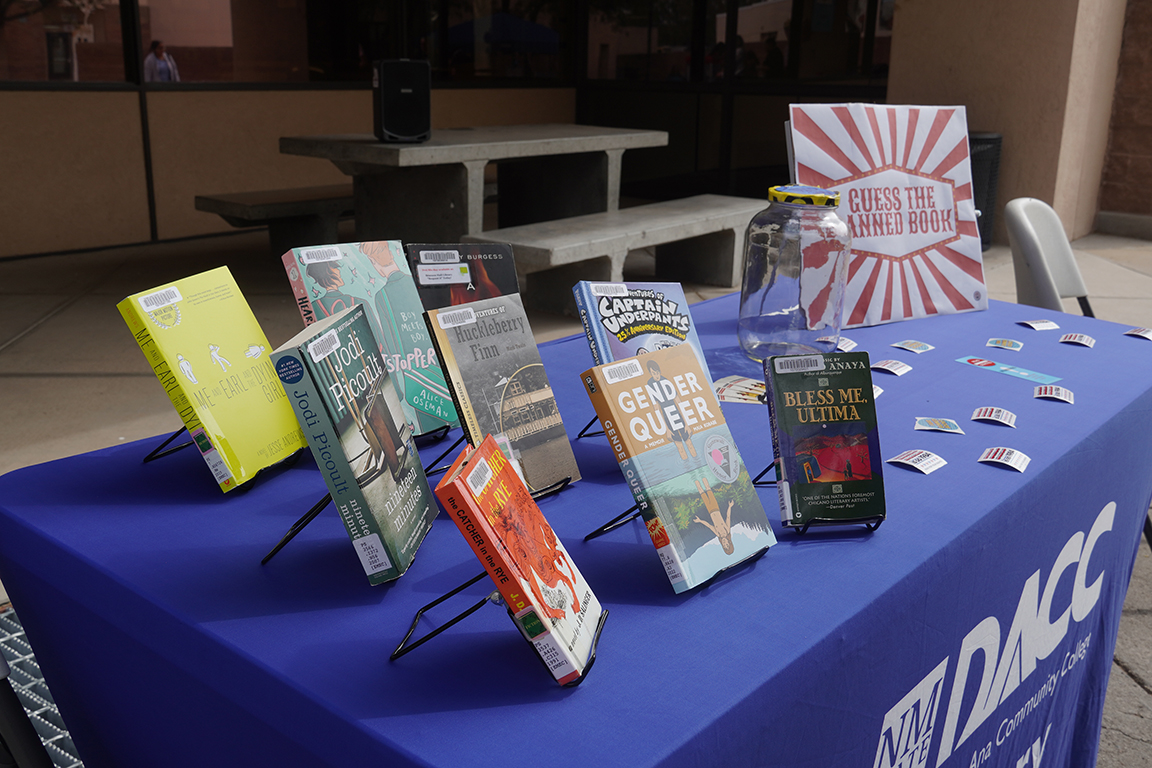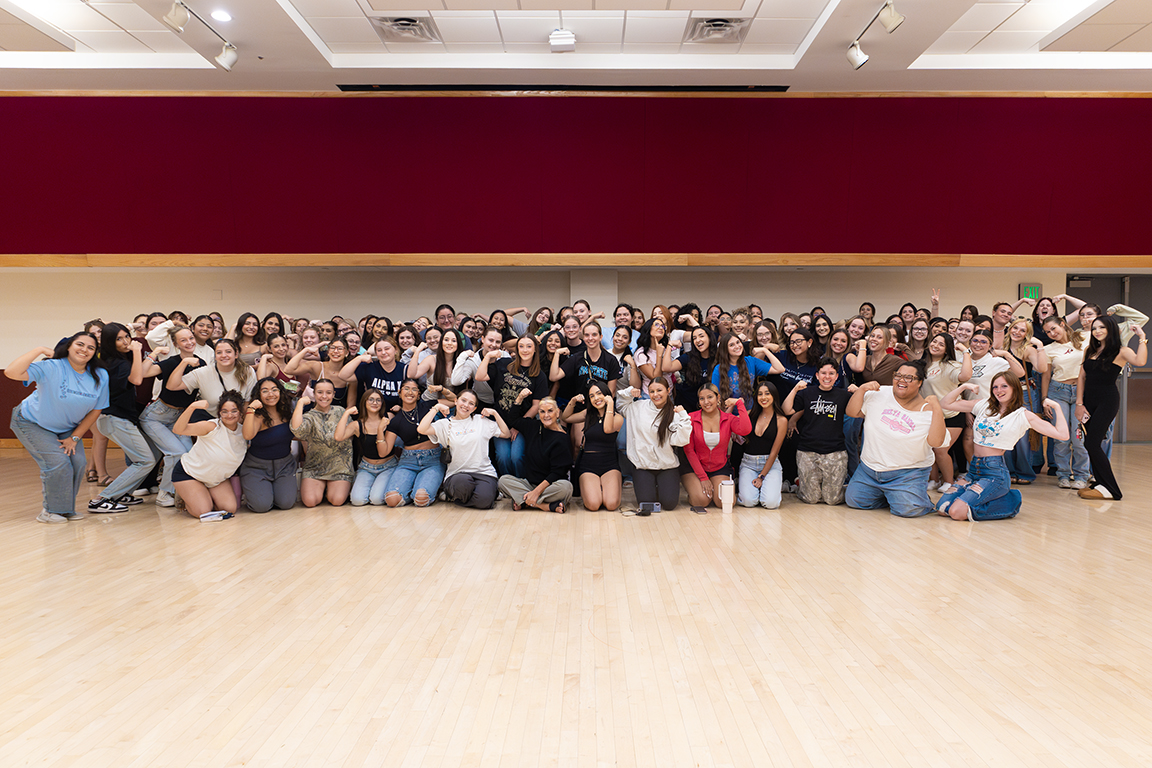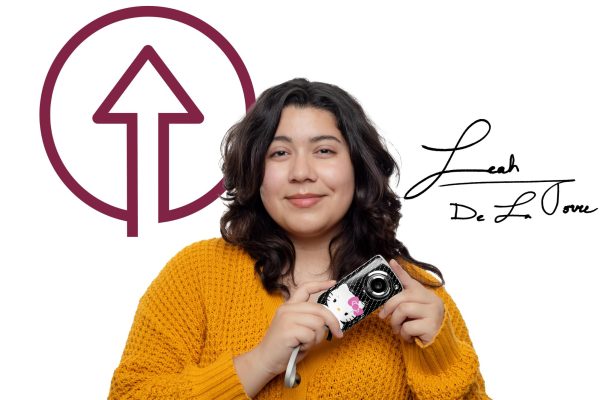“Your voice has power.” The students and staff of NMSU’s Criminal Justice Department emphasized this during their fourth annual Clothesline Project on Oct. 21, allowing survivors to share their experiences with violence, sexual assault, and domestic abuse.
Multicolored T-shirts hung from clotheslines, all with a different anecdote from survivors of abuse or the people close to them.
Each color held a different meaning, including red, pink, and orange for rape/sexual assault survivors, yellow for physical assault/domestic violence survivors, purple for sexual orientation-based attacks, and more.
All were left anonymous, a deliberate choice by the Criminal Justice Department to allow victims a space to share their stories without judgement.
“It’s to empower students,” Gabby Lozano, a NMSU graduate student and project volunteer, said. “To empower survivors of any kind of abuse or assault. It’s to give them a place where they can use their voice.”

For the fourth annual instance of the Clothesline Project, Lozano shared this year saw an increase in foot traffic, as well as more student involvement, shirt-making, and general growth among community awareness.
“A lot of this stuff is not really talked about,” Lozano said. “People just look at in a sense of, ‘We shouldn’t discuss that,’ or, ‘It’s too much graphic content,’ but that’s the reality of it.”
Student volunteers Erica Martinez and Roxanna Nieto shared the emotional vulnerability required to be involved with the project. They added that because of that, those in the NMSU community are able to come together and grow closer.
“When I came here I was like, ‘Wow, this is really empowering,’” Martinez said. “It honestly made me a little bit emotional. There was a girl, she came crying and I comforted her. It made me feel empathetic towards this whole thing, because I didn’t view it as that in the beginning.”

Another experience involved a student that hung up a shirt in remembrance of her uncle that had passed. Nieto shared that the project allows those to express their grief, promoting community expression and a place for people to come together despite their differences.
“You never know what anyone is going through on a day-to-day basis,” Nieto said. “There’s a lot of people who you wouldn’t expect to have a big story, or maybe you’re insensitive so to speak. So it’s really to have more compassion and be empathetic towards it.”
Martinez agreed with the sentiment that those walking through the project are able to be more familiar with the stories of the people around them and become more compassionate.

“You look at their stories and it’s like wow, I feel so sorry, and I’m so proud of them for speaking up and talking and having [others] to see people through a different viewpoint,” Martinez said.
Lozano included the hard work the Criminal Justice Department puts into the project every year, and the need for all the help they can get.
She shared that students interested in becoming involved in the next Clothesline Project should reach out to professor Dr. Ahram Cho, the coordinator of the event.
“If you are a survivor or a victim, I hope that you walk away knowing that you’re not alone,” Lozano said. “I hope that you gain some healing from knowing that there are many people out there to support you. And if you have not experienced any of what the project really supports or is about, I hope that you walk away with knowledge.”




